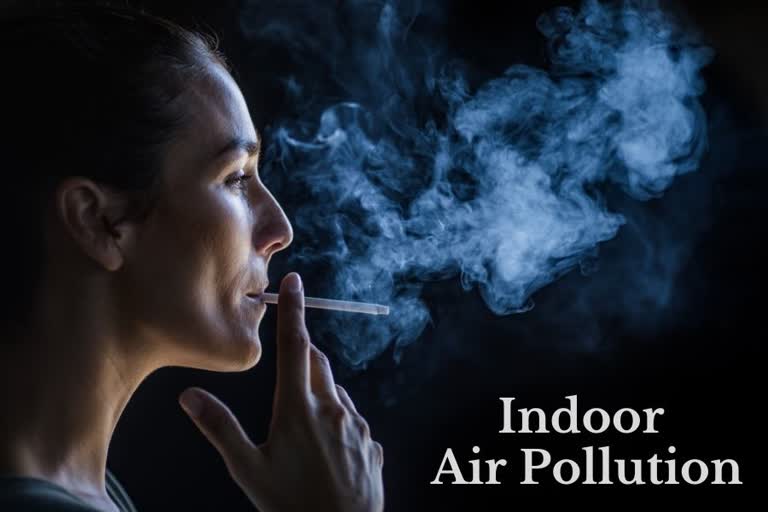People spend, on average, 65 percent of their time inside their homes. A growing body of research suggests that indoor air pollution can be much more concentrated than pollution outside. Let's take a look at what precautions and suggestions health experts and industry leaders shared below to counter indoor air pollution which remains largely unregulated.
Dr. Akshay Budhraja, Pulmonologist, Aakash Healthcare, Dwarka states that "Indoor air is not always worse than outdoor. It depends on how aware you are about it and how to preserve indoor air quality at home & offices. Sometimes indoor concentration of some pollutants is 4-5 times higher than outside. The indoor air quality worsens by both the smog present outside and because of the pollutants generated inside like combustion sources (gas stove, cooking, fireplace, cigarette smoking), molds, pet dander, radon, pesticides, volatile organic compounds present in paint, carpets and upholsteries. People tend to keep the windows open during early morning hours when the level of smog is highest. Many people smoke inside the house. Sometimes people do not use exhausts, chimneys and there is poor ventilation of the rooms."
Adding, "Many people experience "sick building syndrome" that is experiencing respiratory symptoms when inside the building which resolves once the person is out of that particular building. That is caused by the pollutants/allergens present inside the building. Indoor pollutants can cause respiratory symptoms like asthma, hypersensitivity pneumonitis, itching in eyes, nose, throat, headache, heart diseases, poor sleep quality, etc."
He advises, "Keep your windows closed during early morning and later evening hours. Use chimneys and exhausts wherever necessary. Minimize the use of chemicals. Avoid furniture polishing when at home. Keep your home and surroundings clean by keeping your footwear outside as they bring lots of soil and dust-dry cleaning/washing of bed covers, quilts, curtains at regular intervals. Use indoor plants, air purifiers."
Dr. Shuchin Bajaj, Internal Medicine ( Founder Director), Ujala Cygnus Group of Hospitals states, "Smoke from cooking and smoking tobacco comprise a large chunk of the indoor air pollution, which, when mixed with ambient pollutants, increase the amount of ozone (O3) and nitrogen dioxide (NO2), particulate matter (PM) and carbon monoxide (CO). The wind speed in winters slows down which compels the pollutants to remain within the lower parts of the atmosphere, as a result, we inhale more pollutants than any other time of the year."
"Air temperature also has a profound effect on the risk of heart attack - the risk increases when the temperature drops to zero degrees C or below - windy, short days of sunshine, and lower air pressure are linked to increased risk. The increase in heart attack risk could be due to weather's effect on the circulatory system. Cold and wind cause the body to contract the blood vessels of the skin to preserve temperature and energy. This causes the heart to pump more due to higher resistance, which increases the stress on the heart and may trigger a heart attack."
(IANS)
Also Read: High Pollution Levels Increase Dementia Risk: Study


